We are a professional review company that receives compensation from companies whose products we review. We test each product thoroughly and give high marks only to the ones that are the very best. We are independently owned, and the opinions expressed here are our own.
Hey there, it’s Rickard. Today, I want to share something deeply personal with you – my journey of healing from bullying through the power of self-love. Growing up in a blue-collar area in Sweden, I faced relentless bullying throughout my childhood and teenage years. The bullies always seemed to find new ways to tear me down, whether it was through physical intimidation or hurtful slurs aimed at my identity.
Understanding Self-Love and Bullying
Let’s talk about self-love and bullying. Self-love isn’t just about feeling good about ourselves; it’s about recognizing our worth and standing up for ourselves, even in the face of adversity. Bullying can have devastating effects on our mental health and well-being, leaving scars that can last a lifetime. But through self-love, we can reclaim our power and resilience, refusing to let the bullies define us.
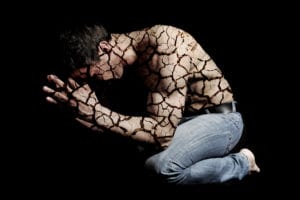
Rickard’s Journey: From Bullying Victim to Self-Love Advocate
My journey is a testament to the transformative power of self-love. Despite facing years of bullying, I refused to let it crush my spirit. Instead, I turned to the things that brought me joy—books, computers, and my inner resilience. With the support of my mother, who was also on her journey of self-improvement, I found the strength to rise above my circumstances and pursue a brighter future.
If you are on a personal self-improvement journey, answer the short quiz below, answer three questions, and get a gift when you’re done.
The Secret Technique: Practicing Self-Compassion
Now, let’s talk about the secret technique that helped me heal from bullying—self-compassion. Self-compassion is about treating ourselves with kindness and understanding, especially when we’re going through tough times. It’s about recognizing that we’re only human and that it’s okay to struggle. Practicing self-compassion can cultivate inner peace and acceptance, even amid adversity.

The Power of Visualization
Visualization is a powerful tool that I used extensively on my healing journey. Despite the challenges I faced, I never lost sight of my dreams. I would spend hours visualizing myself overcoming obstacles, achieving my goals, and living a life of abundance and fulfillment. By harnessing the power of the Law of Attraction, I could manifest success and create the life I truly desired. I transformed my mindset from fear and insecurity to confidence and empowerment through visualization. It was a journey of self-discovery and transformation, and it all began with a simple belief in the power of my thoughts and intentions.
Click here for more insights about the power of visualization.
The Healing Power of Self-Love
Self-love became my guiding light through the darkest moments of my life. It wasn’t always easy – there were times when I felt broken and defeated – but I always returned to the well of self-love to replenish my spirit. I learned to treat myself with compassion and kindness and speak to a dear friend in need as I would.
Practicing self-love meant setting boundaries with the people who sought to bring me down, whether they were bullies from my past or negative influences in my present. It meant prioritizing my well-being and refusing to settle for anything less than I deserved.
Self-love also involved forgiveness – not just of others, but of myself. I had to let go of the anger and resentment built up over the years and embrace forgiveness as a path to freedom. It wasn’t easy, but with time and practice, I found that forgiveness was the key to releasing the past’s hold on me.
Through self-love, I discovered my inner strength and resilience. I realized that I had the power to shape my destiny and create the life I desired. As I cultivated self-love, I found that the wounds of the past began to heal, and I emerged more robust and resilient than ever before.
If you want to realize how to heal yourself, take the quiz below, and get the free gift that will help you heal and learn how to love yourself.
Harnessing the Power of Affirmations
Affirmations played a crucial role in my journey of healing from bullying. I used them as powerful tools to reprogram my subconscious mind and shift my beliefs about myself and the world around me. Instead of dwelling on negative thoughts and self-doubt, I began to affirm positive truths about myself and my worth.
Every day, I would repeat affirmations such as “I am worthy of love and respect,” “I am strong and resilient,” and “I deserve to be treated with kindness and compassion.” These affirmations helped to counteract the negative self-talk that had plagued me for so long, replacing it with a sense of empowerment and self-assurance.
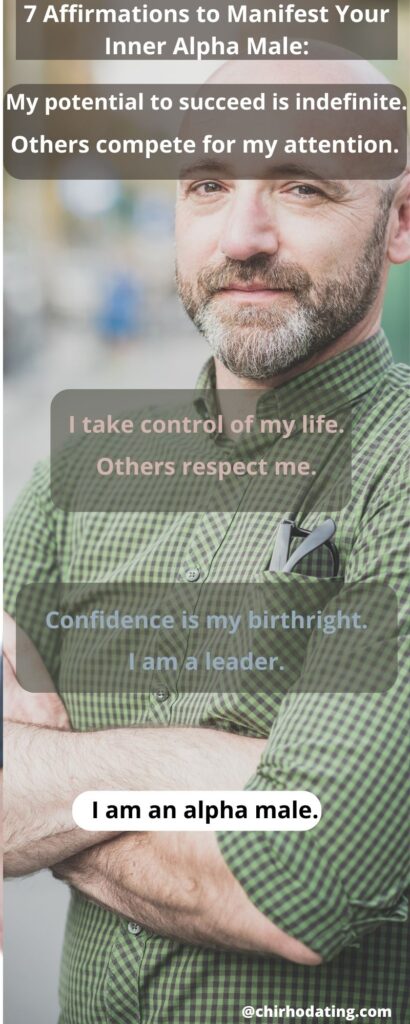
But affirmations alone were not enough. I had to honestly believe in the words I was repeating and embody them in my thoughts, words, and actions. This required consistent practice and commitment, but the results were transformative.
Over time, I noticed a shift in my mindset and outlook. I began to see myself in a more positive light and to approach challenges with confidence and optimism. Affirmations became a daily ritual that helped reinforce my self-worth and remind me of my inherent value.
Through the power of affirmations, I could reprogram my subconscious mind and create new neural pathways that supported my growth and healing. I learned that by changing my thoughts, I could change my reality, and affirmations became a powerful tool for manifesting positive change.
Click here to read my article about the power of affirmations.
Embracing Gratitude as a Path to Healing
Gratitude became my constant companion on the journey of healing from bullying. Amid adversity, it was often difficult to see the blessings in my life, but I consciously focused on gratitude every day. I started a gratitude journal, where I would write down three things I was thankful for each morning and evening.
At first, it was challenging to find things to be grateful for, especially when I was struggling with feelings of anger and resentment. But as I persisted with the practice, I began to uncover the hidden blessings in my life – the supportive friends who stood by me, the moments of joy and laughter, the opportunities for growth and learning.
Gratitude helped to shift my perspective from one of lack to one of abundance. Instead of focusing on what I didn’t have or what had been taken away, I began to appreciate the abundance surrounding me – the love of family and friends, the beauty of nature, and the simple pleasures of life.
Through gratitude, I found healing and peace. It allowed me to release the grip of negativity and resentment and embrace a mindset of abundance and appreciation. I learned to find joy in the present moment and trust in life’s inherent goodness.
Gratitude also became a powerful tool for manifesting my desires. Focusing on what I was grateful for shifted my energy towards positivity and abundance, which attracted more blessings. I realized gratitude was a passive state of mind and an active practice that could transform my reality.
Ultimately, gratitude was the key to unlocking the door to healing from bullying. It taught me to find beauty amid adversity, strength in the face of challenges, and hope in the darkest times. As I cultivated gratitude, I discovered that healing was not just possible—it was inevitable.

Harnessing the Power of Self-Compassion
Self-compassion became my anchor during the tumultuous seas of bullying. Instead of berating myself for not fitting in or succumbing to others’ cruelty, I learned to treat myself with kindness, understanding, and acceptance. Self-compassion allowed me to be gentle with myself during difficult times, acknowledging my pain without judgment or criticism.
One of the most potent aspects of self-compassion was the realization that I was not alone in my suffering. I came to understand that bullying was not a reflection of my worth or value as a person but a manifestation of the insecurities and struggles of the bullies themselves. This understanding helped me cultivate empathy for myself and others, recognizing that we were all wounded souls in need of healing.
Self-compassion also enabled me to set healthy boundaries and prioritize my well-being. Instead of allowing the opinions and actions of others to dictate my self-worth, I learned to honor my own needs and values and to stand up for myself in the face of injustice. I stopped seeking validation from external sources and instead turned inward, finding strength and solace in self-love and acceptance.
Through self-compassion, I learned to be my own best friend and ally. I became my source of comfort and support, offering myself the same kindness and compassion I would extend to a dear, needy friend. This inner relationship became the foundation of my healing journey, providing me with the strength and resilience to navigate the challenges of bullying with grace and dignity.
In the end, self-compassion taught me that I was worthy of love and respect, just as I was. It helped me to see myself through eyes of compassion and understanding and to embrace my inherent worthiness. As I learned to love and accept myself unconditionally, I found that the wounds of bullying began to heal. I emerged stronger, wiser, and more compassionate than ever before.
Embracing Forgiveness and Letting Go
One of the most profound shifts on my journey of healing from bullying came when I embraced the power of forgiveness. For years, I harbored resentment and anger towards my bullies, replaying the hurtful events in my mind and allowing them to continue to inflict pain upon me long after they had ended. However, I soon realized that holding onto grudges only perpetuated my suffering and prevented me from moving forward with my life.
I discovered forgiveness was not about excusing or condoning the actions of my bullies but about releasing myself from the burden of resentment and reclaiming my power. It was a deeply personal and transformative process that required me to confront my pain, anger, and fear head-on and to choose compassion and understanding over bitterness and resentment.
Through forgiveness, I could break free from the chains of the past and reclaim my sense of self-worth and dignity. I released the toxic emotions that had been weighing me down for so long and opened my heart to the possibility of healing and growth. I forgave not only my bullies but also myself, recognizing that I was not responsible for the harm that had been inflicted upon me and that I deserved to be free from the pain of the past.
Forgiveness also allowed me to let go of the need for revenge or retribution and to find peace within myself. Instead of seeking justice through retaliation, I focused on building a life filled with love, joy, and purpose. I shifted my perspective from victimhood to empowerment, recognizing that I had the power to create my destiny and choose how to respond to the challenges I faced.
In the end, forgiveness was the key that unlocked the door to my healing journey. It allowed me to release the past and embrace the present moment with an open heart and mind. As I let go of the pain and resentment that had held me captive for so long, I discovered a newfound sense of freedom, peace, and empowerment that continues to guide me on my path to healing and wholeness.
Please take the quiz below to stop negative people from affecting you by using the same manifestation technique that helped me heal from bullying.
Cultivating Self-Compassion
Another crucial aspect of my healing journey was learning to cultivate self-compassion. For years, I had been my own harshest critic, constantly berating myself for not being strong enough to stand up to my bullies or for somehow deserving the treatment I received. However, as I began to explore the principles of self-love and compassion, I realized that I had been approaching my pain and suffering from the wrong perspective.
I discovered that self-compassion is about treating oneself with the same kindness, understanding, and support that one would offer to a dear friend in times of need. It involves acknowledging one’s own humanity, flaws, and imperfections and embracing oneself with warmth and acceptance, regardless of past mistakes or shortcomings.
Instead of judging myself harshly for how I had been hurt or for my perceived inadequacies, I learned to offer myself words of encouragement, comfort, and reassurance. I began to recognize that I was doing the best I could with the resources and knowledge I had and deserved compassion and understanding for the challenges I had faced.
Practicing self-compassion also involved learning to set boundaries and prioritize my well-being. I realized that I didn’t have to tolerate mistreatment or abuse from others and that it was okay to say no to people or situations that were harmful to me. By honoring my own needs and respecting my boundaries, I reclaimed my sense of agency and autonomy. I empowered myself to create a life that was aligned with my values and aspirations.
I developed a more profound sense of self-love, acceptance, and worthiness through self-compassion. I learned to treat myself with kindness and compassion and to cultivate a nurturing and supportive relationship with myself. As I embraced my own humanity and imperfections, I discovered a newfound sense of freedom, authenticity, and resilience that continues to guide me on my journey of healing and growth.

Embracing Self-Acceptance
One of the most transformative aspects of my journey to self-love was embracing self-acceptance. For years, I had struggled with feelings of inadequacy and unworthiness, constantly striving to be someone I thought I should be rather than embracing who I indeed was.
However, as I began to delve deeper into the practice of self-love, I realized that true happiness and fulfillment could only come from fully accepting myself for who I was, flaws and all. Instead of trying to hide or suppress aspects of myself that I deemed to be unworthy or undesirable, I learned to embrace every part of myself with love and compassion.
Self-acceptance is about recognizing that we are all perfectly imperfect human beings and that our worthiness is not contingent upon meeting some external standard of perfection. It is about embracing our strengths and weaknesses, successes and failures, and recognizing that each aspect contributes to the unique and beautiful tapestry of who we are.
For me, embracing self-acceptance meant letting go of the need for external validation and approval and instead turning inward to cultivate a deep sense of self-worth and self-respect. I learned to celebrate my successes and accomplishments, no matter how small, and to treat myself with the same kindness and compassion I would offer anyone else.
Self-acceptance also involves letting go of the need to compare ourselves to others and recognizing that we are all on our unique journey. Instead of measuring our worth against the achievements or successes of others, we can learn to appreciate and celebrate our unique talents, gifts, and contributions to the world.
Through self-acceptance, I could release myself from the prison of self-judgment and criticism and embrace a newfound sense of freedom and liberation. I learned to love and accept myself unconditionally and to recognize that I am worthy of love, respect, and happiness simply because I exist.
In embracing self-acceptance, I discovered a deep inner peace and contentment that had eluded me for so long. I learned that true happiness comes from within and that by fully accepting ourselves for who we are, we can create a life filled with joy, fulfillment, and meaning.
If you want the same thing, you can do it by following my example, which I hope you found inspirational or taking the short three-question quiz and getting a free gift that will help you achieve the same results much faster.
To your success,

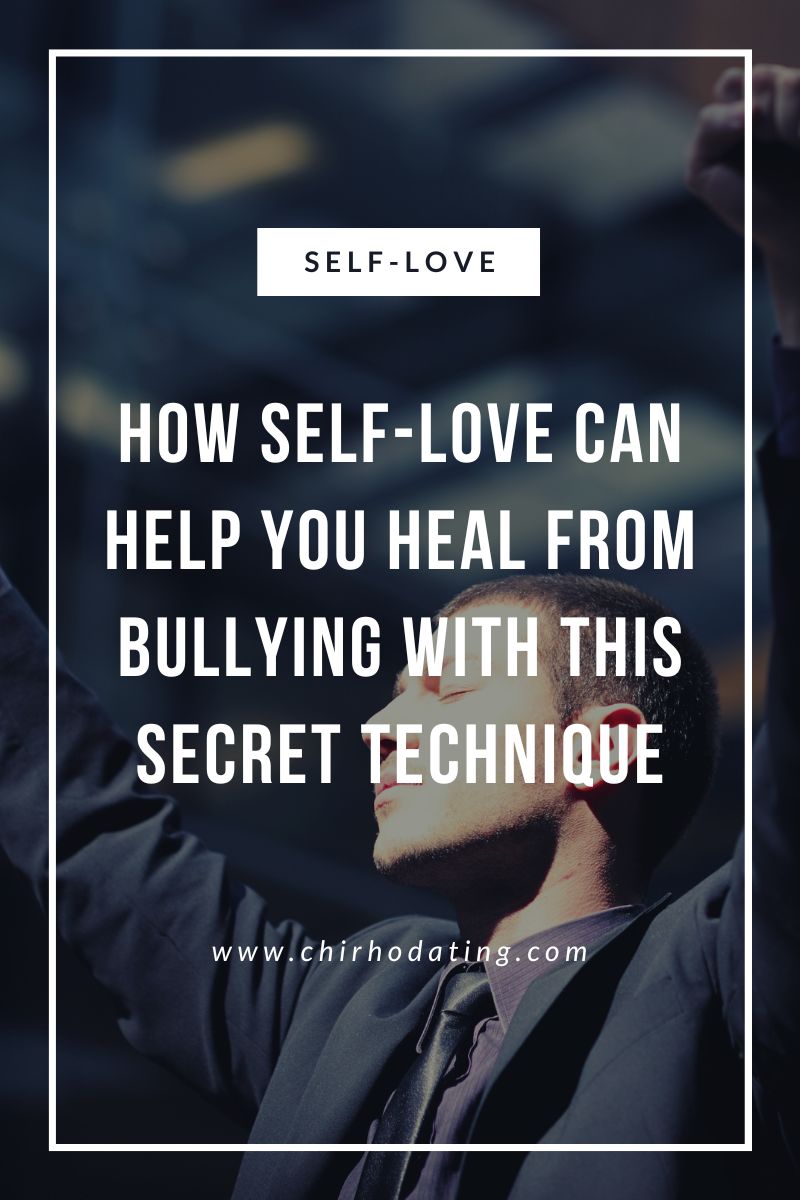
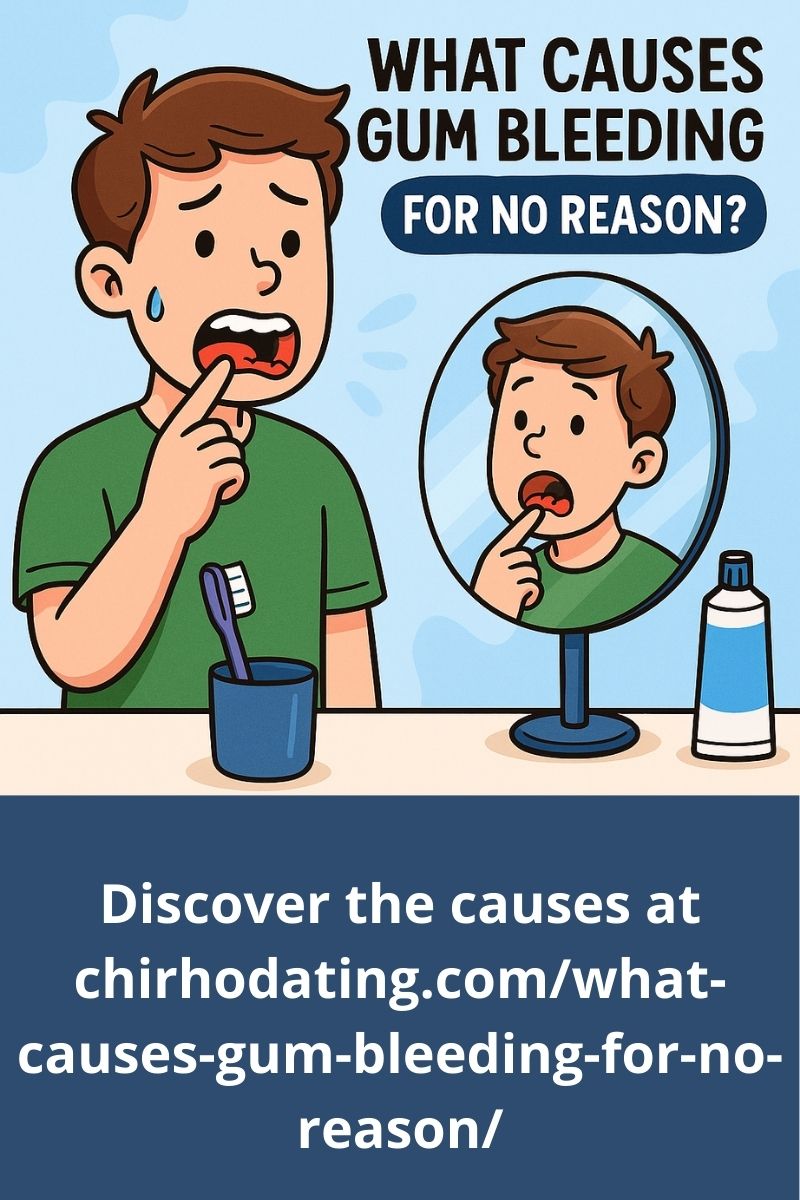
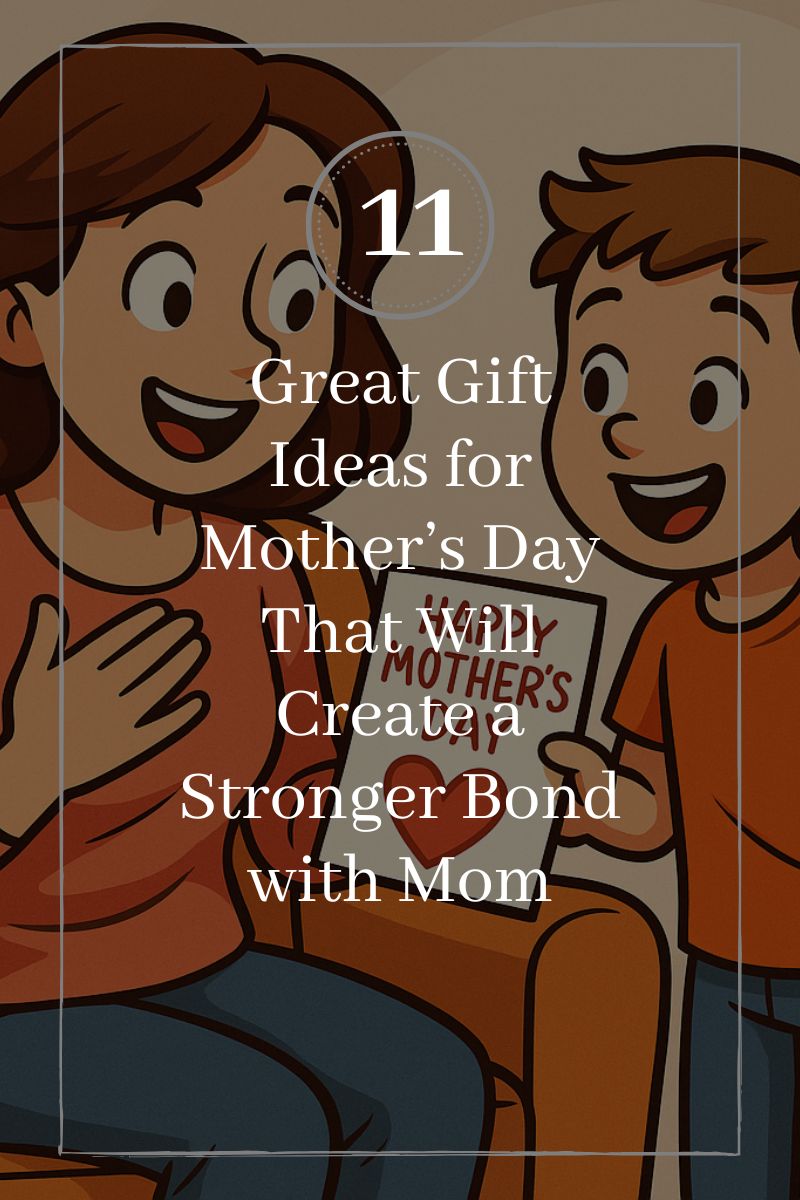
What do you think about the article you've just read? Please tell me below.